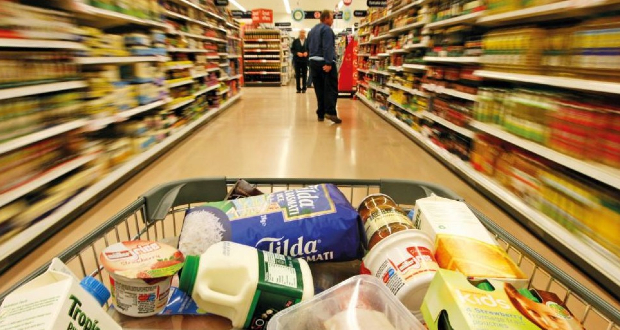This compares with a rise of 1.4% in November 2023.
December’s decrease was the largest monthly fall since January 2021, when coronavirus restrictions affected sales.
Looking at the quarterly picture, sales volumes fell by 0.9% in the three months to December 2023 when compared with the previous three months.
Non-food store sales volumes fell by 3.9% in December 2023, following a 2.7% increase in November 2023.
Food store sales volumes in December fell by 3.1%, from an increase of 1.1% the previous month.
On an annual basis, overall sales volumes fell by 2.8% in 2023 and were their lowest level since 2018.
Matt Jeffers, retail strategy and consulting managing director for business advisors Accenture in the UK & Ireland, said: “At such a crucial time of the year for retailers, December’s drop in sales caps off another challenging year for the sector, as a combination of bad weather and tightened spending hampered festive sales.”
Oliver Vernon-Harcourt, head of retail at Deloitte, said: “December’s retail sales results are well below what retailers would have been expecting in what is typically the biggest shopping month of the year.
“This significant drop sees sales fall to the lowest level since January 2021, which will be a significant blow to retailers across all categories.
“This paints a challenging picture for retail in the near future, in a sign that cautious consumers are feeling the long-term effects of a strain on their spending power.
“2024 may be a tale of two halves, with mortgage rates set to rise further and inflation continuing to fluctuate.
“The first half of the year will remain challenging for consumers, whose spending is hindered by rising rates and economic uncertainty.
“However, the second half could be a more positive story, with the impacts of wage increases, reduced national insurance and falling inflation felt more widely by consumers.”
 Talking Retail Grocery and product news for independent retailers
Talking Retail Grocery and product news for independent retailers






